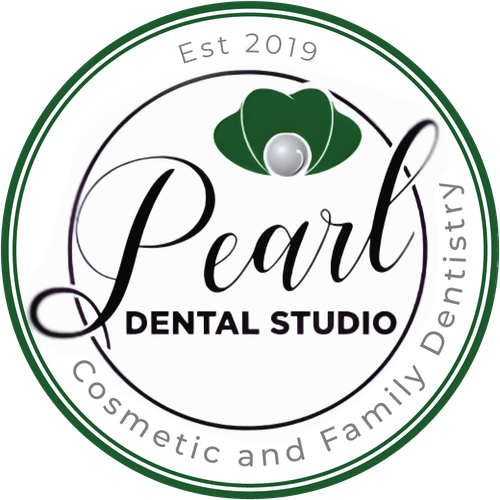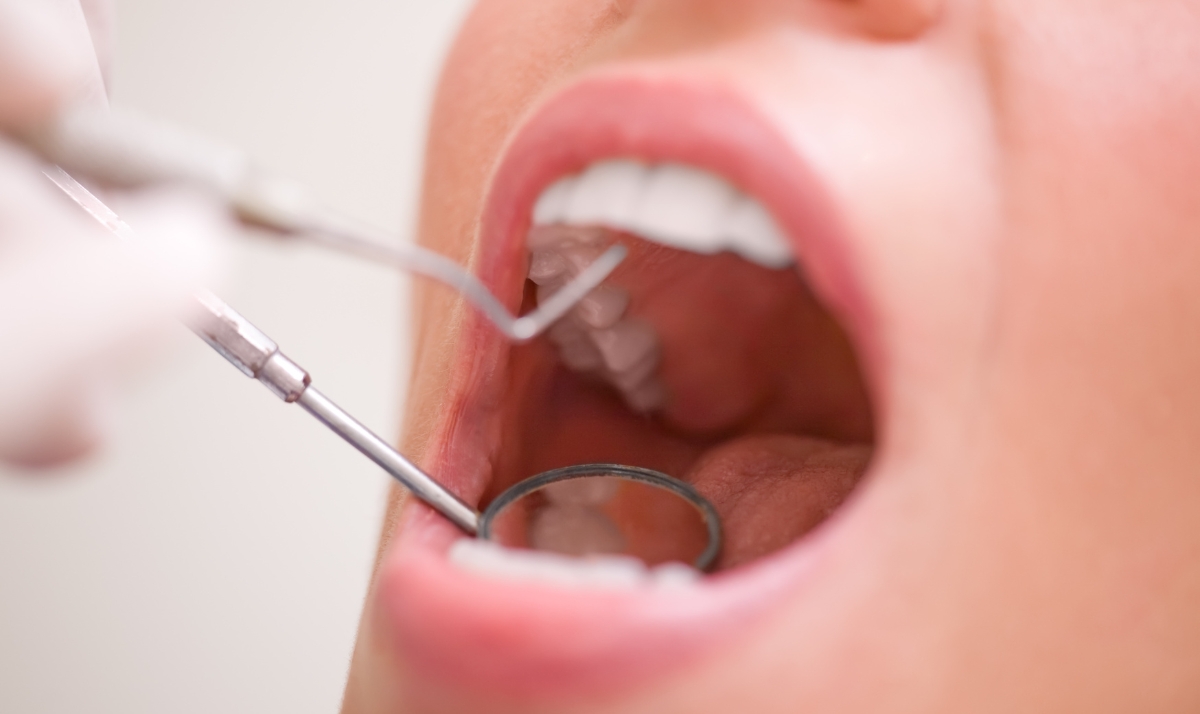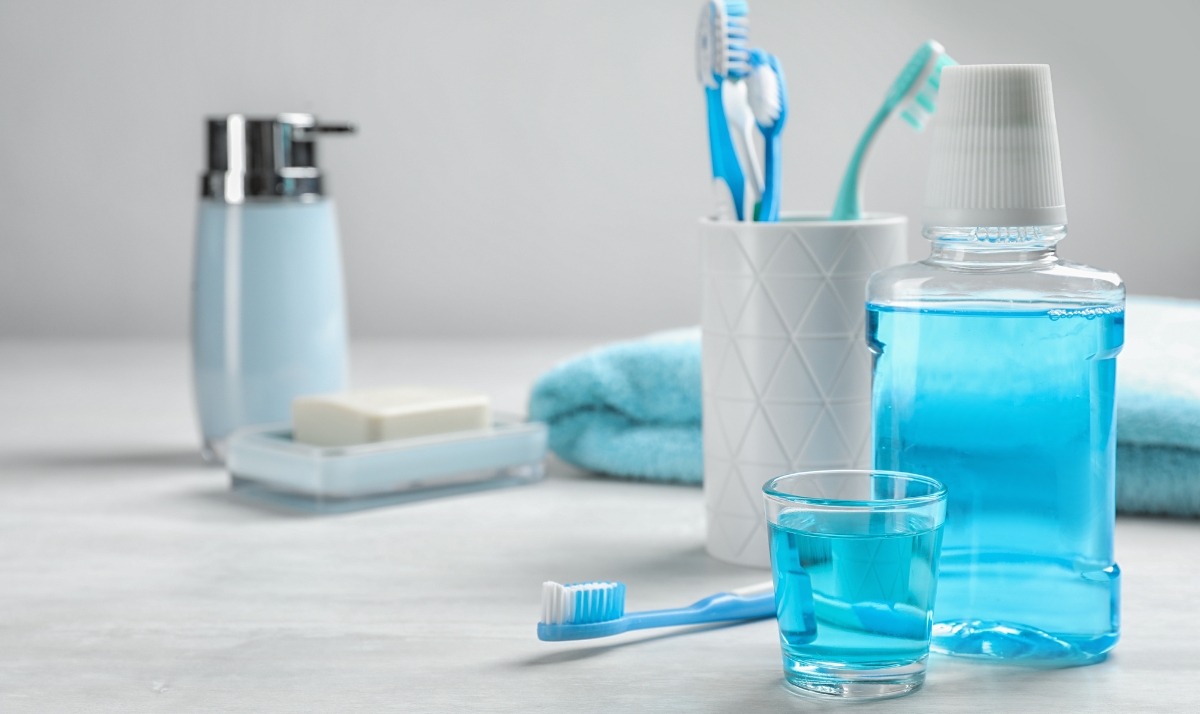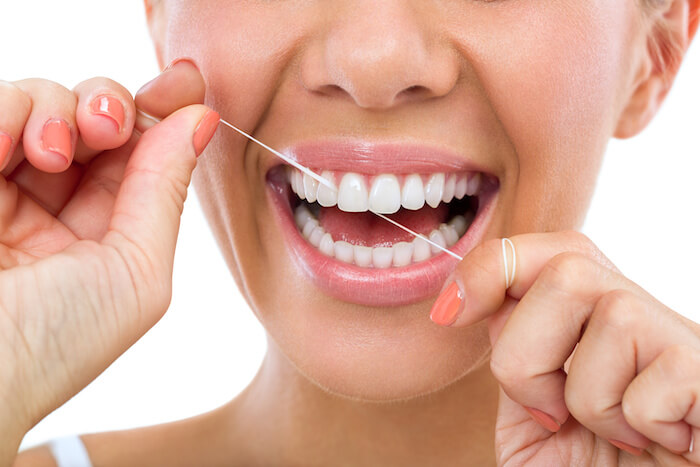117 Batesville Rd Suite 202, Simpsonville, SC 29681
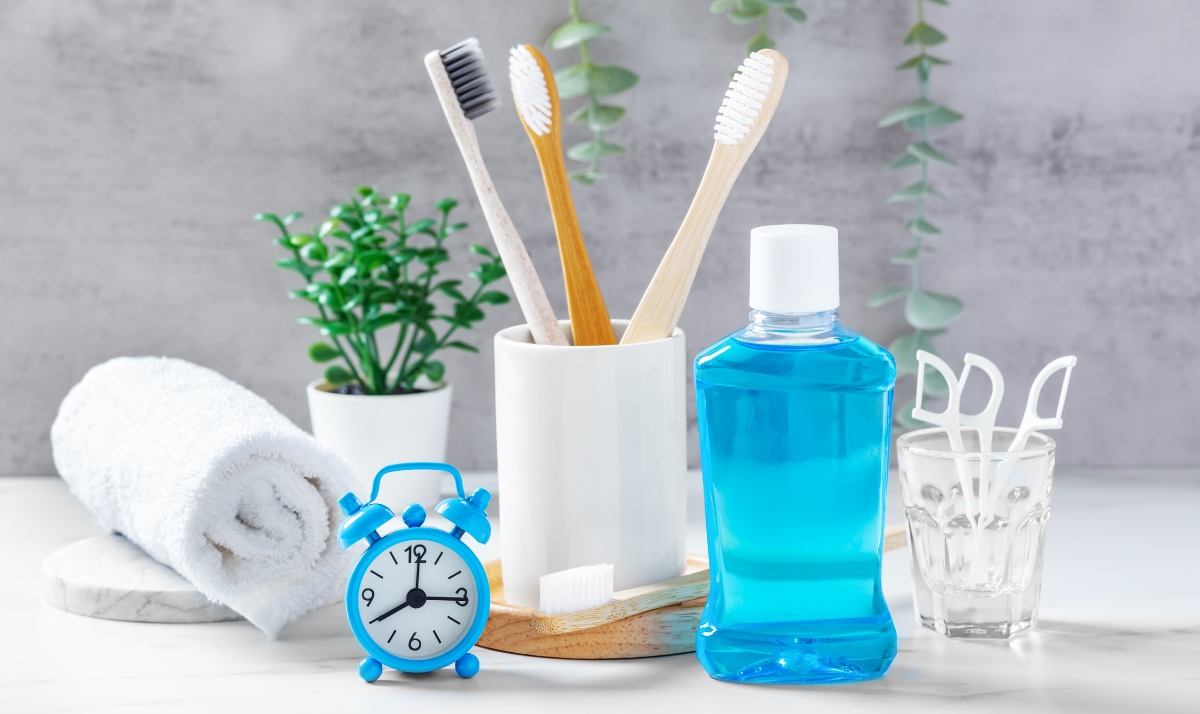
Good oral hygiene is essential for a healthy smile and overall well-being. Poor dental hygiene can lead to cavities, gum disease, and bad breath. Small daily changes can significantly improve your oral health. Brushing, flossing, and regular dental visits help maintain strong teeth and gums.
Many people ignore simple habits that protect their teeth. Implementing easy upgrades can prevent expensive dental treatments. A consistent routine ensures a clean, fresh mouth.
This blog covers nine simple ways to improve oral hygiene. These habits will keep your teeth and gums in the best condition. Start making these changes today for better oral health.
9 Ways to Improve Your Oral Hygiene Habits
1. Brush the Right Way
Brushing twice a day keeps plaque and bacteria away. Use a soft-bristled toothbrush to avoid enamel damage. Brush in circular motions for at least two minutes. Cover all surfaces, including your tongue. Electric toothbrushes are more effective in removing plaque. Replace your toothbrush every three months for better dental hygiene.
2. Don’t Forget to Floss
Flossing removes food particles that brushing misses. It prevents plaque buildup and gum disease. Slide the floss gently between teeth to avoid bleeding. Use a clean section for each tooth. Water flossers are great alternatives for sensitive gums. Floss daily to maintain optimal oral hygiene.
3. Upgrade Your Toothbrush Regularly
A worn-out toothbrush doesn’t clean effectively. Replace it every three months or sooner if the bristles fray. Bacteria accumulate on old toothbrushes, affecting dental hygiene. Choose a toothbrush with soft bristles to protect gums. Electric toothbrushes provide better cleaning than manual ones.
4. Use Mouthwash Wisely
Mouthwash reduces plaque and freshens breath. Choose an alcohol-free mouthwash to avoid dryness. Fluoride mouthwash strengthens enamel and prevents cavities. Use antiseptic mouthwash to kill bacteria and improve oral hygiene. Swish for 30 seconds after brushing and flossing.
5. Stay Hydrated
Water washes away food particles and bacteria. It prevents dry mouth and promotes saliva production. Saliva neutralizes acids that cause tooth decay. Drinking water after meals helps maintain dental hygiene. Avoid sugary drinks that contribute to cavities.
6. Cut Down on Sugary and Acidic Foods
Sugar feeds bacteria that cause cavities. Acidic foods erode enamel, leading to sensitivity. Limit soda, candy, and citrus fruits for better oral hygiene. Eat crunchy fruits and vegetables to clean your teeth naturally. Rinse your mouth after consuming sugary or acidic foods.
7. Clean Your Tongue
Bacteria on the tongue cause bad breath. Use a tongue scraper to remove buildup. A toothbrush can also clean the tongue effectively. Cleaning your tongue daily improves dental hygiene. It also enhances your sense of taste.
8. Don’t Skip Dental Checkups
Regular dental visits detect problems early. Professional cleanings remove plaque, which brushing misses. Dentists check for cavities, gum disease, and oral cancer. Visit your dentist every six months for the best oral hygiene. Early detection saves money and prevents serious issues.
9. Consider Whitening the Healthy Way
Whitening improves the appearance of your teeth. Use dentist-approved whitening products to avoid enamel damage. Natural options like baking soda and hydrogen peroxide work safely. Avoid harsh chemical treatments that weaken enamel. A bright smile boosts confidence and dental hygiene.
The Science Behind Good Oral Hygiene
Oral hygiene impacts overall health. Poor dental hygiene increases the risk of heart disease, diabetes, and respiratory infections. Bacteria in the mouth enter the bloodstream, causing inflammation.
Studies show that gum disease raises heart disease risk by 20%. Diabetics with poor oral health struggle with blood sugar control. Pregnant women with gum disease have higher chances of premature birth. Maintaining oral hygiene helps prevent these serious conditions.
Bacteria in the mouth form plaque, leading to cavities. Plaque hardens into tartar, causing gum infections. Over 50% of adults suffer from some form of gum disease. Regular brushing and flossing reduce bacteria buildup. Saliva plays a crucial role in neutralizing acids. Hydration and proper dental hygiene maintain a healthy mouth. Keeping your oral hygiene in check protects your entire body.
Good oral hygiene prevents serious dental problems. Small changes in daily habits lead to lifelong benefits. Brushing, flossing, and regular checkups improve oral health. Staying hydrated and eating wisely protects teeth. Dental hygiene affects overall well-being. Consistency is key to maintaining strong teeth and gums. Avoiding harmful habits ensures a fresh and healthy mouth.
Book a dental checkup with our dentists to keep your smile bright.

